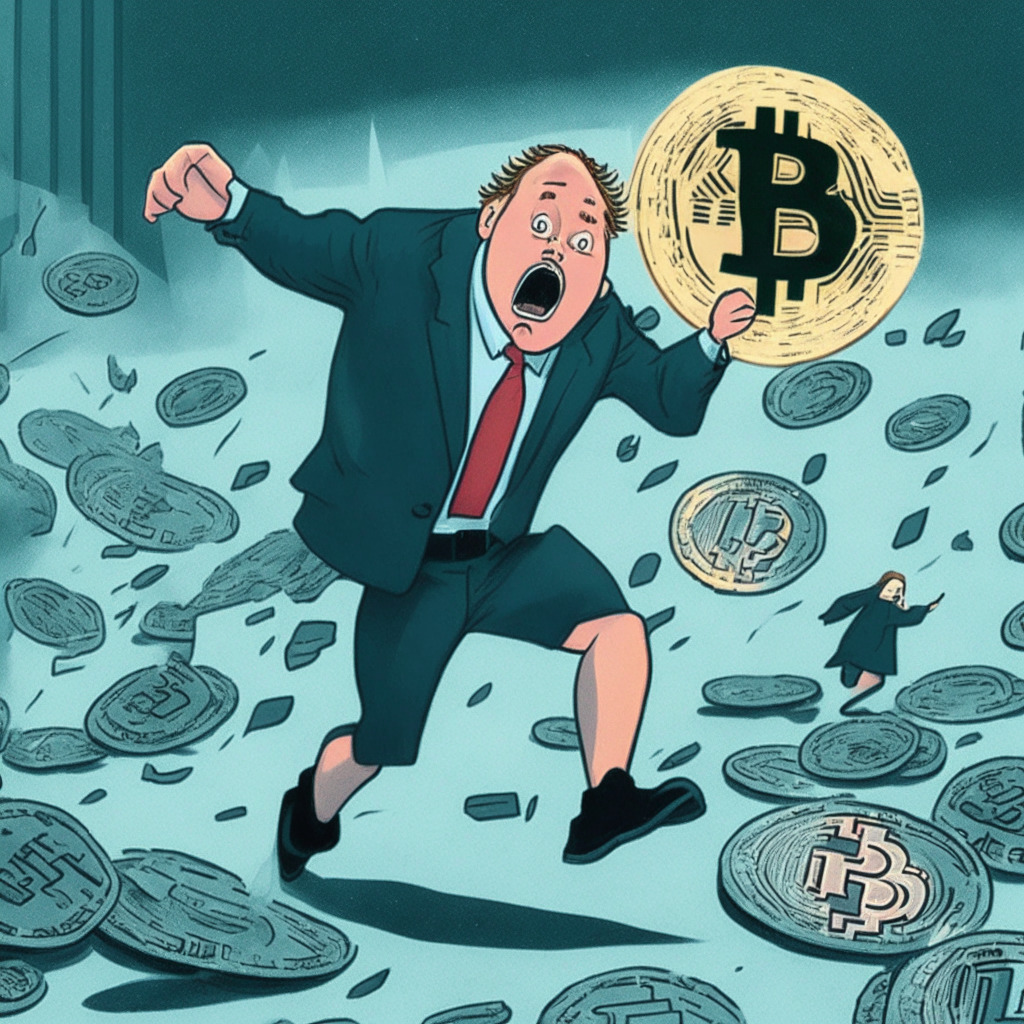Regulations in the blockchain world have long been a contentious issue, but the recent development might spark a broader conversation. The digital asset subsidiary of Nomura, Laser Digital Middle East FZE, has procured a license from Dubai’s Virtual Asset Regulatory Authority (VARA) to offer broker-dealer and virtual asset management and investment services in the emirate.
Naturally, this development opens up a new world of opportunities, allowing the company to administer trading and asset management operations in the coming months, which might include over-the-counter (OTC) services and a variety of digital asset investment products and solutions. For the proponents of this move, the license serves as a step towards institutional acceptance of cryptocurrencies as an asset class. The strict reviewing procedure of VARA reassures institutional investors interested in these volatile assets.
However, there is a flip side to regulation. The regulatory oversight might deter some potential investors who are attracted to the decentralised, unregulated nature of cryptocurrencies. These investors value the freedom and autonomy associated with cryptocurrencies and might regard the regulatory authority’s involvement as a limitation.
Further complicating matters, Dubai’s growing crypto ecosystem, which established its own virtual assets rules and regulatory body in March 2022, has garnered global attention. It has even magnetized major names like Binance and Komainu MEA. This could be seen as a positive move, drawing more investors into the market. However, while these rules provide a semblance of legal protection and legitimacy, it might intimidate the crypto enthusiasts who cherish the unregulated nature of this sphere.
Yet, this move by Laser Digital isn’t completely unprecedented. Recently, Binance’s Dubai subsidiary also procured an operational minimum viable product (MVP) from VARA to conduct cryptocurrency exchanges and virtual asset broker-dealer services locally. This news reinforces the move toward expanding the blockchain infrastructure, but it might also stress the concerns of crypto purists who fear that centralised control could impair the fundamental essence of cryptocurrencies.
The contrasting views on this matter highlight an ongoing tension in the crypto space. While regulations can bring legitimacy and security to the emerging blockchain market, they also may chip away at the unique value proposition of cryptocurrencies—the decentralised nature and user autonomy. However, one cannot deny that these moves reflect the growing acceptance of digital assets and the desire to bring them under regulatory oversight.
Source: Cointelegraph




